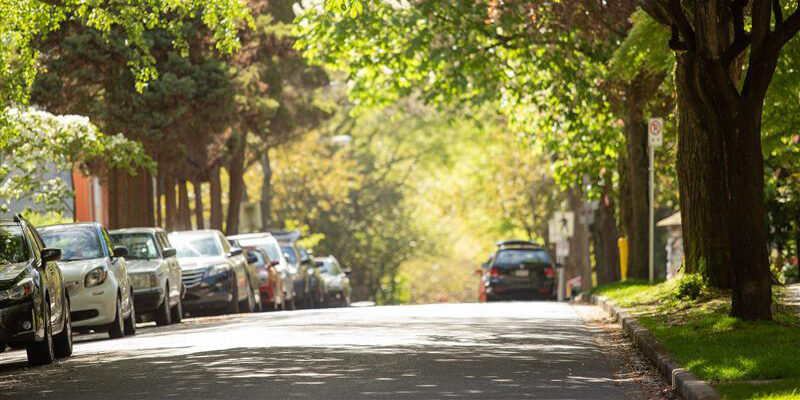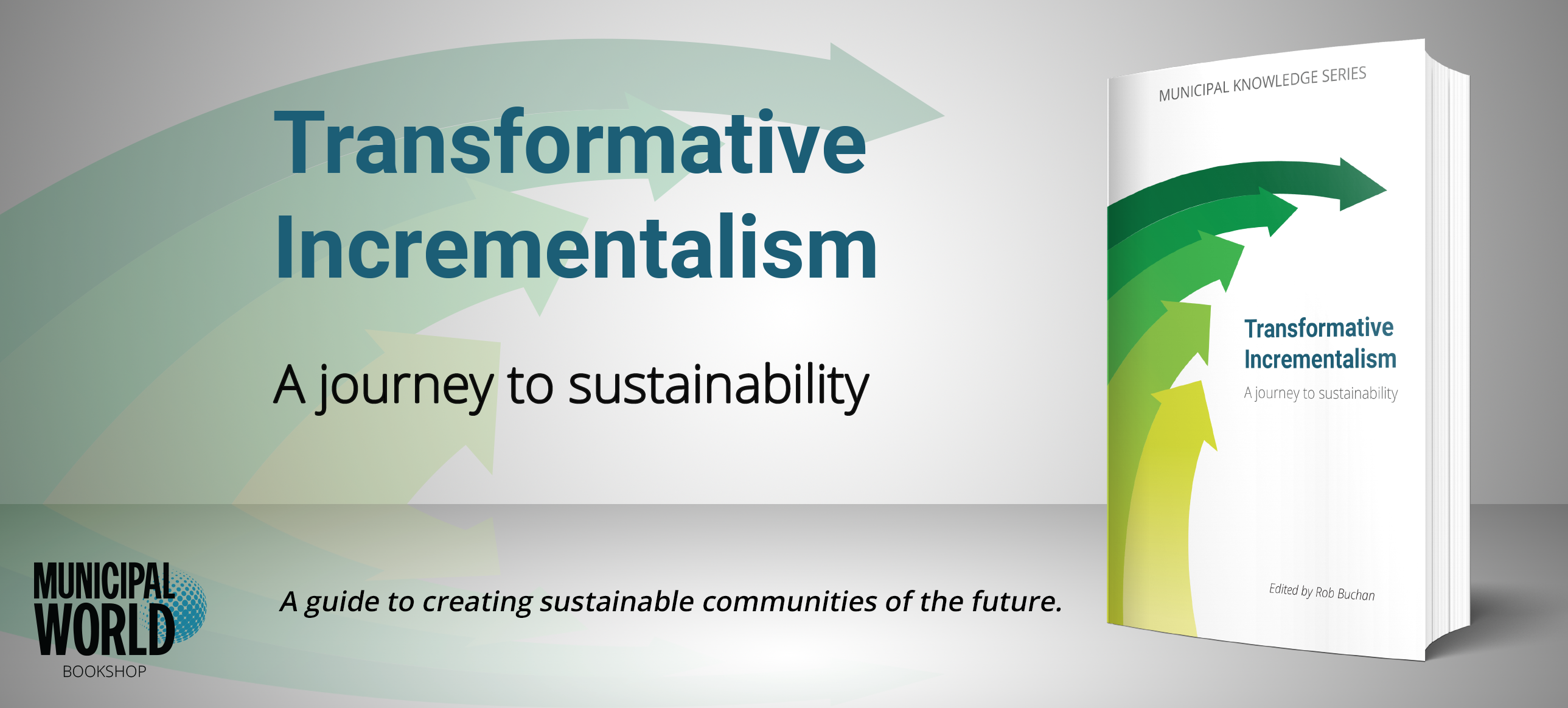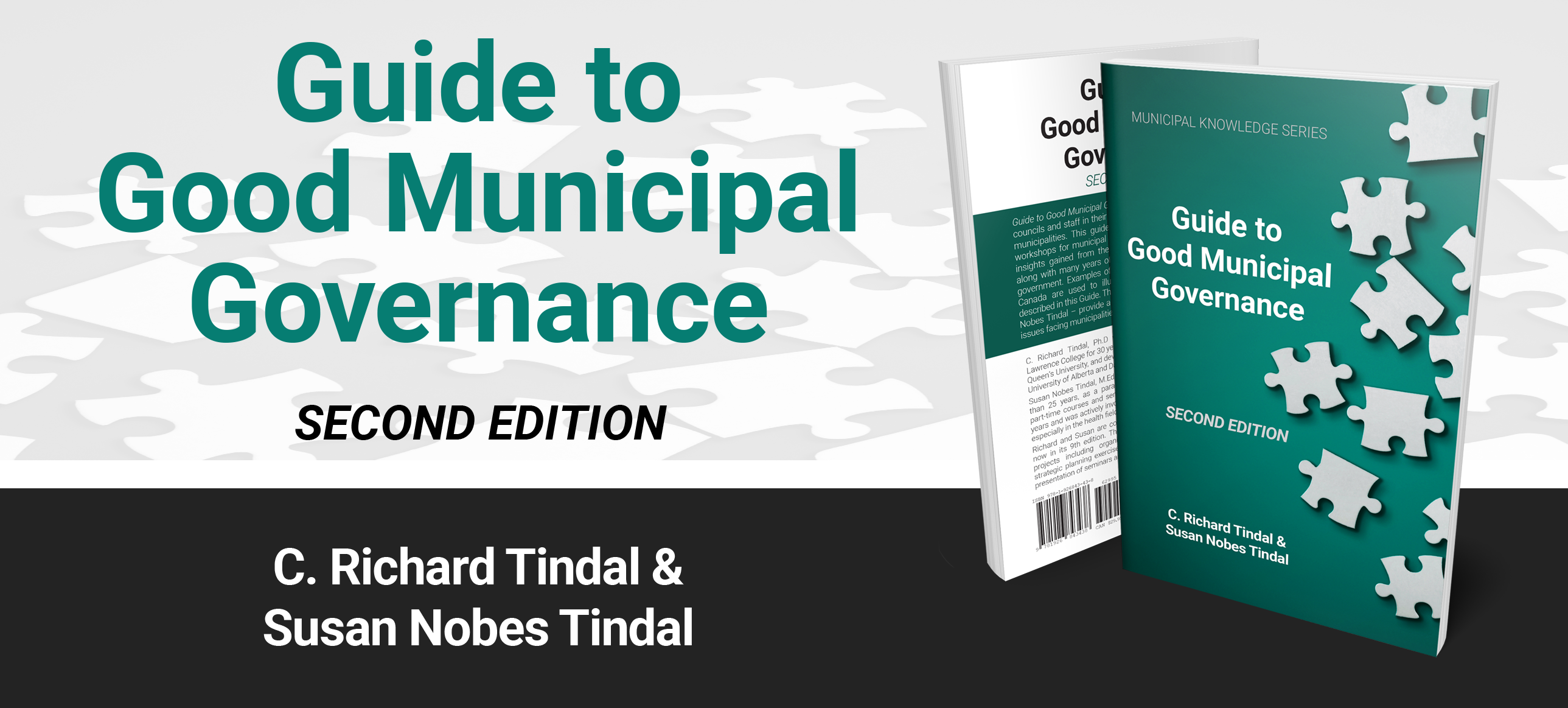Vancouver bringing in changes to parking fees, regulations
 Vancouver council has unanimously approved changes to parking fees and regulations to enhance traffic flow, reduce congestion, and better support sustainable transportation. Photo: Adobe Stock
Vancouver council has unanimously approved changes to parking fees and regulations to enhance traffic flow, reduce congestion, and better support sustainable transportation. Photo: Adobe Stock
Vancouver council has unanimously approved changes to parking fees and regulations. The city says the changes will enhance traffic flow, reduce congestion, and better support sustainable transportation throughout the city.
The changes include standardizing parking meter fees across the city, extending free parking times, and changing the way the city charges for using public electric vehicle chargers. The changes also include increasing the lowest parking meter fee from $1 to $1.50.
“These changes aim to provide a more consistent and user-friendly parking experience across Vancouver,” said Mayor Ken Sim. “By updating our regulations, we hope to improve access and convenience for residents, businesses and visitors alike.”
The new regulations will be implemented in phases, beginning in early 2025.
Vancouver’s Parking Fee Changes
The announcement on standardized parking meter fees followed a pilot program launched in the Chinatown neighbourhood in summer 2023. The pilot program was originally set to run until the end of 2024. On June 1, 2023, parking meter fees in Chinatown were set to $2 per hour from 9 a.m. to 10 p.m. to support revitalization efforts for the neighbourhood.
The city will now extend the uniform parking fee approach to other neighbourhoods city-wide by July 1, 2025.
That pilot standardized parking meter fees in Chinatown to $2 per hour and “resulted in increased parking transactions and positive feedback from businesses,” according to the city. Before the pilot, on-street parking in the neighbourhood ranged from $1 per hour to $5 per hour during the day, and from $1 to $3 per hour in the evenings.
“Comments received from the Vancouver Chinatown Business Improvement Area Society, Vancouver Chinatown Merchants Association, Chinese Benevolent Association of Vancouver and the National Congress of Chinese Canadians on this initiative were positive,” reads a November report from the city’s general manager of engineering services. “They indicated that customers were less hurried when they came to Chinatown and were more likely to shop at more than one store during their visit.”
The report added that the change also provided a “mutually beneficial ‘spill-over’ effect” as customers going to one store or restaurant ended up supporting other neighbouring businesses as well.
“Upon comparing parking transaction data from one year before June 1, 2023, to one year afterwards, there was a 12 percent increase in parking transactions and a 10 per cent (five minute) increase in parking duration,” the report states. “Feedback from businesses on this initiative were positive, with businesses noting that customers were more likely to shop at more than one store, and an increase in new customers and those who had been avoiding Chinatown.”
In addition, the city will increase the lowest parking meter fee it charges to $1.50 per hour from $1 per hour. A press release from the City of Vancouver said this was done to account for inflation and increased transaction and processing fees. The lowest fees have not been adjusted since 2012.
Timing is Everything (When Parking)
Another change will affect the times people will be allowed to park for free in certain neighbourhoods.
Starting in 2026, on-street pay parking will end at 6 p.m. in areas with low occupancy and the lowest meter fees. For blocks where the parking occupancy is less than 20 per cent after 6 p.m. and the parking meter fees are $1 per hour, parking meter fees will be removed after 6 p.m. Potential areas that could see this change include Strathcona and Great Northern Way.
According to the report to council, the changes to Vancouver’s parking meter policy are anticipated to generate $5.75 million in incremental parking meter revenue on an annual basis, with the full amount expected to be realized in 2026.
For 2025, the incremental parking meter revenue is estimated at $3 million, as the changes are anticipated to take effect July 1, 2025.
“Changing subsections in Section 5A that describe Charging Station energy prices to be based on electricity used rather than solely on time parked,” the report reads. “This recognizes that some vehicles can draw a charge faster and thus currently would pay less, and conversely that the power output of a charger can be variable, which may cause a vehicle to need to stay longer to obtain a full charge. Energy-based rates are more equitable and align with a similar change by BC Hydro.”
A November report from the city’s general manager of engineering services states, “Collectively, these proposed changes aim to improve the customer experience by providing clear and consistent parking pricing for each neighbourhood.”
Toronto Proposes Fee Increases
Changes to parking fees could also soon be coming to Canada’s biggest city, according to a November report submitted to the Toronto Parking Authority’s audit and risk committee. The move could generate more than $5 million for the city.
On-street parking in Toronto current costs between $1.50 to $6.50 an hour, depending on the location. If the proposed rates are approved, the lowest rate would remain $1.50, but all subsequent categories would jump by a quarter hourly – at most, someone would pay $6.75 an hour.
TPA’s vice-president of growth and strategy, Jeffrey Dea, said the changes would represent “a modest increase.”
On Aug. 1, the City of Toronto increased parking fines for 123 offences to help curb illegal parking, stopping and standing in designated areas.
“Increasing fines can help reduce congestion by discouraging drivers from parking and stopping their vehicles in high-traffic areas and encouraging people to consider other modes of transportation such as walking, cycling or public transit to promote a smoother flow of traffic,” a news release from the city stated. MW
✯ Municipal World Executive and Essentials Plus Members: You might also be interested in Karthik Venkataraman’s article: Looping in AI to gain real-time insight into parking.
Ibrahim Daair is staff writer at Municipal World.
Related resource materials:



